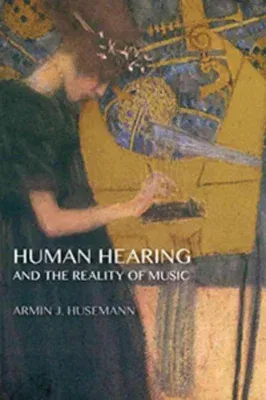Music is not simply something we hear. We experience it and love it;
it is a primal human need. If, as the pianist Alfred Brendel put it, we
are able to "take music at its word," we confront questions that also
moved the author since his adolescent years: What takes hold of me when
I experience music? What reality touches me when music is playing? What
happens physiologically in the human body when we experience and make
music?
The author approaches these questions from three perspectives: first,
from his personal experience and active love of music; second, from the
physiological perspective; and third, from Rudolf Steiner's spiritual
science.
Dr. Husemann (author of Form, Life, and Consciousness An Introduction
to Anthroposophic Medicine and Study of the Human Being)shows how
hearing is a sensory activity that encompasses far more than processes
in the ear and brain, and that the whole body is involved. He also
discusses the relationship between music and chemistry. Music is
"chemistry from the inside." And finally, from 1915 to 1918, Rudolf
Steiner developed a physiology of artistic imagination based on the
movement of the cerebrospinal fluid during respiration.
Human Hearing and the Reality of Music is the first attempt to relate
Steiner's spiritual research to the findings of natural scientific
research in this area.

